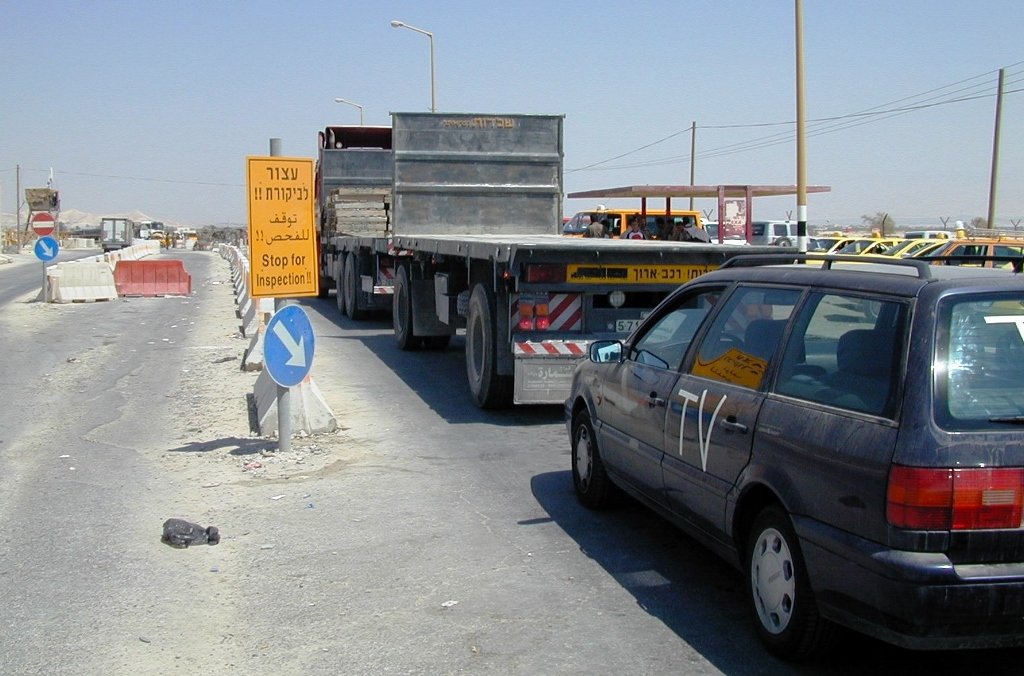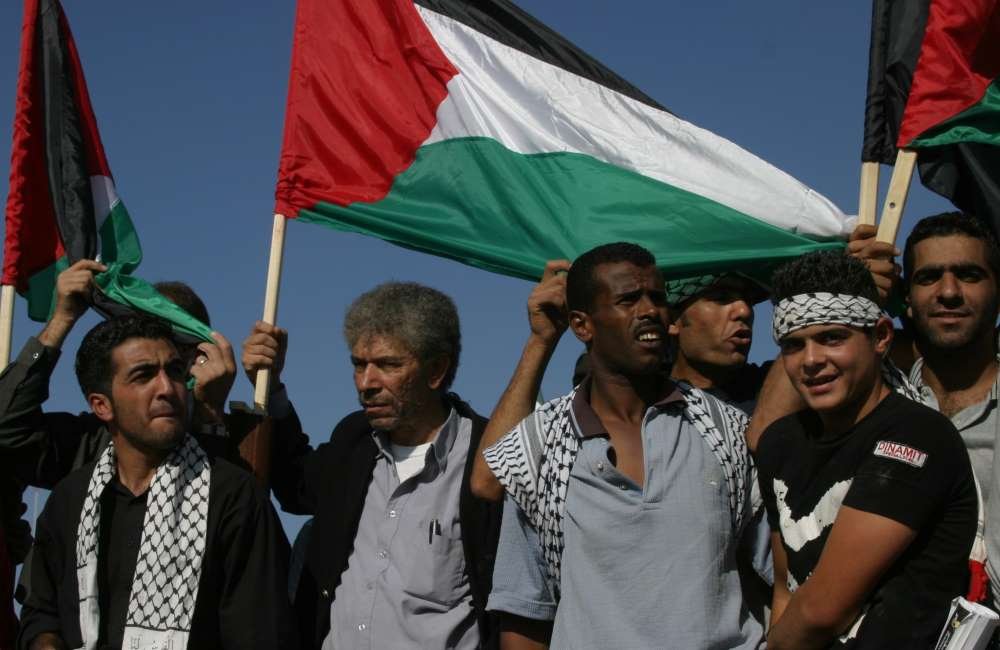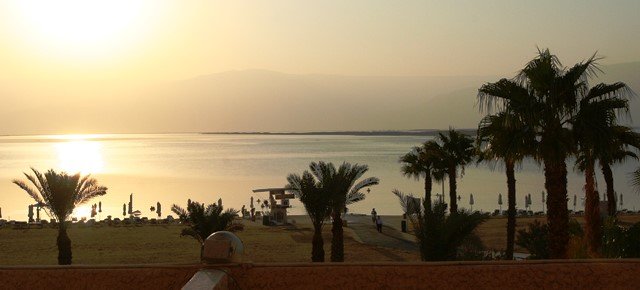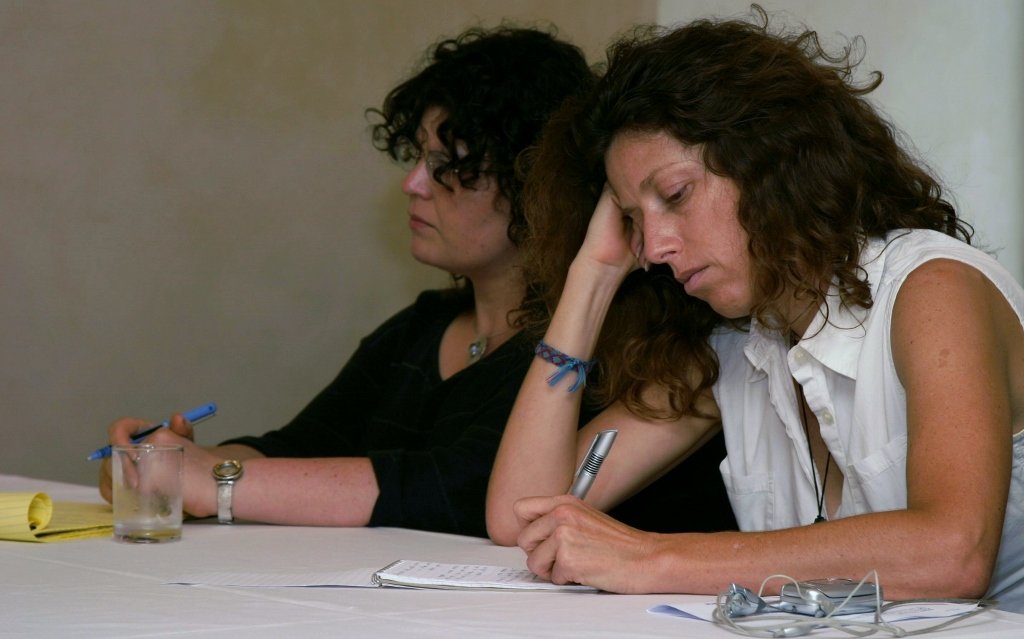Share This Story, Choose Your Platform!
Exactly ten years ago, on the 13th September 1993, the Israeli Prime Minister Yitzhak Rabin and PLO leader Yassir Arafat clasped hands on the lawn in front of the White House under the benevolent gaze of the American President Bill Clinton. With this handshake they sealed the commencement of that Palestinian-Israeli negotiation process which is inseparably linked with the name of the Norwegian Capital Oslo. The world joyfully heralded what appeared to be the end of the century-old Middle East conflict.
In July of that year Rabin and his Foreign Minister Shimon Peres had still denied that the Israeli government had any contact with representatives of the PLO. At the beginning of August 1993, however, the Israeli leader suddenly announced that he would not hinder his cabinet members from holding direct talks with PLO delegates.
In the second half of August, Peres and the PLO functionary Ahmed Qrea, known as “Abu Ala,” agreed on a basic statement which paved the way for Palestinian Autonomy. In an exchange of correspondence at the beginning of September, Israel and the PLO gave each other official, mutual recognition. Yassir Arafat committed himself to the categorical renunciation of any form of terror against the Israeli State.
Palestine and Israel should actually today be existing side by side as flourishing states. With the same ease with which one can travel from Karlsruhe to Strasbourg, one should be able to drive from Netanya to Nablus, from Ramallah to Jerusalem, or from Afula to Jenin – without border or customs controls, without lengthy delays or obtrusive interrogations by inquisitive security officials. But the reality after ten years of Oslo is completely different from the vision of its architects. The ten years following the handshake on the lawn in front of the White House have been the bloodiest so far in the history of Israeli-Palestinian relations.
The Palestinians are enduring a tougher occupation than in the time before Oslo. Before 1987 they could drive unhindered to the beaches of Tel Aviv, Hadera or Ashdod. Today they cannot even travel from one Palestinian town to the next without considerable obstacles and humiliating security controls. Curfews often make it impossible for them even to leave their own houses. The economy is in tatters, some even have to worry about their daily bread. Again and again there are armed confrontations in which innocent civilians are caught in the line of fire.
In Israel, a sense of helplessness prevails. Contrary to traditional theories about what drives young people to suicide attacks, the Jewish State has noticed that the large wave of suicide attacks in the middle of the 1990s began exactly in the period when for the first time in history an independent Palestinian State seemed to be just within reach. Whatever concessions were made, were greeted with violence – that is the conclusion which Israel must reach in restrospect. The open question remains: why in all the world did we give the Palestinians land, weapons and the chance of self-determination, when all of this is only used to unleash the bloodiest of fights against the Jewish State.
A look back to the nineties exposes the deceit of more stereotypes than just this one. It was, for example, under the leadership of Benjamin Netanjahu, decried as a hardliner, that Israel yielded most land to the Palestinians. Ehud Barak, on the other hand, his successor, heralded as Rabin’s heir and the bearer of hope, entered the consciousness of the Palestinian people as the first Israeli Prime Minister who shot at the Palestinians with grenades and rockets.
Why did Oslo fail? There have been endless attempts at an explanation. One crucial reason is definitely the misconception of reality on both sides, and, resulting from this, the exaggerated expectations of both Palestinians and Israelis. Should the Israeli public have taken more seriously the declared intentions of the Moslem fundamentalists and support they have from Palestinian society? As far back as in 1993 a representative of the Hamas movement declared “we will never participate in this game!”. By finally declaring the political wing of the Hamas too as a terror organisation, the Europeans, at any rate, seem to be gradually recognizing the connection between the declaration and the realization of intentions.
And perhaps the Palestinian public should have understood that a Palestine completely independent from Israel is an unrealizable dream. In matters of air and sea supremacy as well as economy, Israelis and Palestinians will always have to accomodate each other, even if Israel were able to fulfil the maximum demands of the Palestinians. Ehud Barak pointed out at the beginning of the year 2000 already that Israel cannot afford to allow yet another Arab army to arise west of the Jordan. This will mean in practice that a future Palestinian State will have to make room for the interests of Israel and accordingly accede to the Jewish State a control function in matters of foreign and security policy too.
translation by Nicola Vollkommer






















